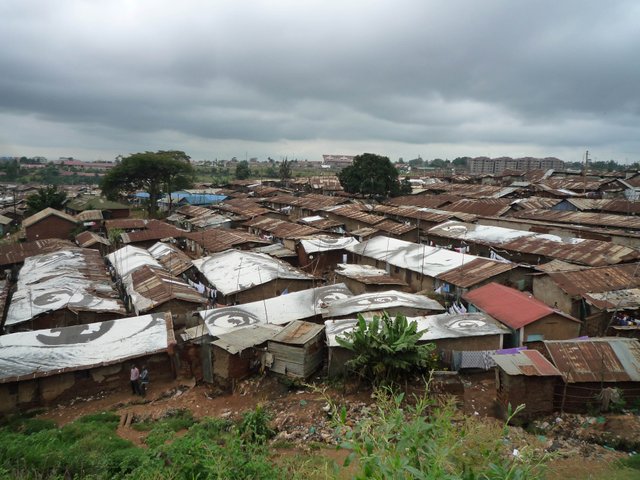The Education Situation in Developing Countries

What Exactly Is Education?
Education is the process of learning from teachers through their instruction. It is the education that one receives in schools. It primarily consists of activities such as teachers imparting knowledge in classrooms, faculty members presenting study materials, and so on. The instructor provides practical training in the workshop with the goal of training the student in any particular subject matter and giving them practical exposure on the practical aspects of real-life situations, imparting him with the necessary technical skills to face the practical situations.
What is the purpose of education?
Education is a fundamental and necessary component for the development of any society. Education improves a person's social status, mental state, knowledge, and ability to develop skills to face practical lie situations. An educated person can perceive things more clearly because he has a broad mind and can see things from different perspectives. He has a broadened mind, which allows him to understand all aspects of any problem, allowing him to handle the situation more effectively.
The status of education is high in developed countries, but the picture is completely different in developing countries. Literacy rates in developing countries such as India are extremely low. Though continuous efforts are being made by the government to achieve the higher literacy rate but still the target is far to achieve and it will take years to achieve the targets that are being set by the UNESCO as well as the governments of these countries.
But why is this the case? Why, despite ongoing efforts, is the literacy rate not reaching the desired level? What are the major impediments to the spread of education?
The reasons are best summarized as follows:
Lack of education and infrastructure facilities, which prevents literacy rates from reaching desired levels; poverty in a large segment of the population, which prevents parents from sending their children to school; Gender inequality, which means that females are not given the same preference as males, which should not be the case, and traditional caste practices, which also play a significant role in preventing education from reaching all doors.
If people from developing countries can overcome these barriers, the level of education in these countries will undoubtedly rise.
#teaching #passingon #practical #social #mental #abilities #skills #gender #inequality #exposure #fundamental #government #UNESCO